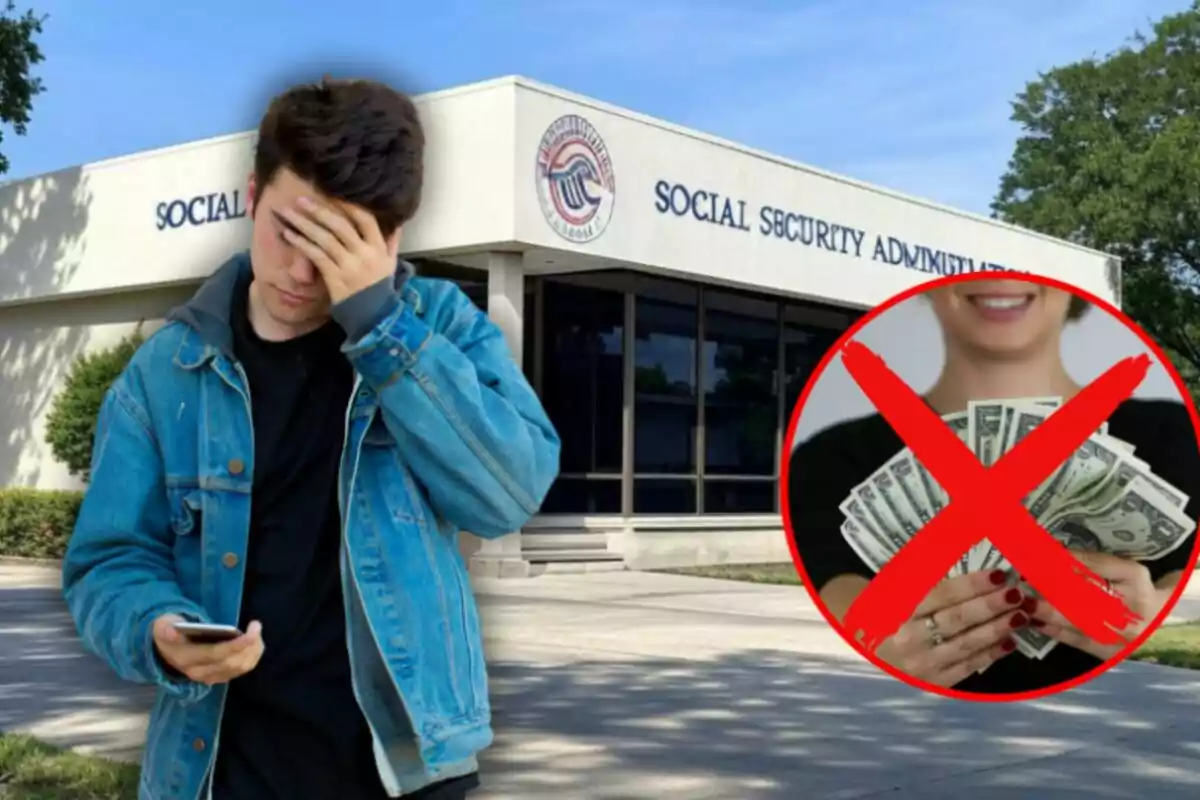
Blow in these places in the U.S. after SSA made it official: they're going to suffer a lot
The surprising measure by United States Social Security leaves thousands of citizens on the ropes: take note
Genuine panic has broken out in several states across the United States after the Social Security Administration (SSA) made its decision official. Starting September 30, 2025, the SSA will implement a measure that's generating major controversy in the country.
The truth is that paper checks will come to an end, and beneficiaries will be required to switch to electronic payments. This measure is having a significant impact, especially in California, Texas, New York, Florida, and Ohio, where large groups of citizens still receive paper checks and now face real and immediate inconveniences.
Absolute blow for these 5 U.S. states, SSA confirms it
SSA's justification for eliminating paper checks is clear. Electronic payments are faster and safer, and they help lower costs. A paper check can cost about 50¢ (0.50 euros), while an electronic transfer costs less than 15¢ (0.15 euros).

In addition, paper checks are up to 16 times more likely to get lost, be stolen, or fall victim to fraud. That's why the measure aims to modernize the payment system and protect both beneficiaries and the government.
California is the state most affected by this abrupt change
These five stand out for having the largest number of people who still receive payments by paper check. California tops the list with 51,649 people who still get their payment by physical check.
Texas is in second place with 35,504, closely followed by New York with 30,676 affected citizens. In Florida, approximately 30,016 people are in the same situation, and Ohio completes the group with 19,769 beneficiaries who'll take the hardest hit.

SSA's forcefulness in its justification
In total, the measure will impact more than half a million people. According to recent data from the SSA, more than 500,000 Americans still receive their benefits by paper check. That figure is equivalent to less than 1% of all beneficiaries, but it represents a population that could experience serious inconveniences, since many of them don't have access to online banking or aren't proficient with technology.
SSA's justification is forceful: improve efficiency, save public money, and reduce the risk of fraud. Electronic transfers are immediate, safe, and reliable. In addition, SSA has already started sending notices to beneficiaries informing them about this transition and explaining how to switch to direct deposit or use the prepaid card.
More posts: